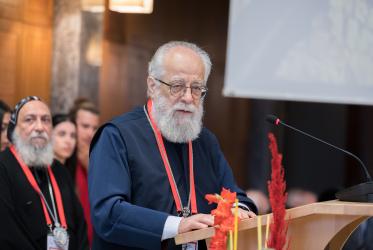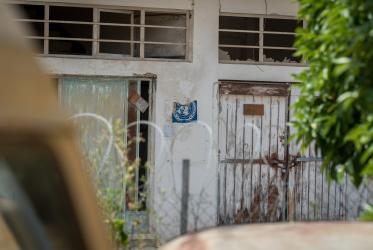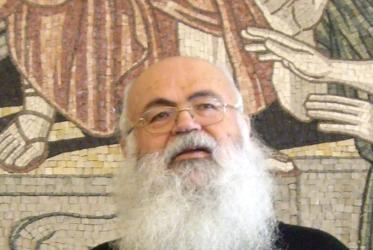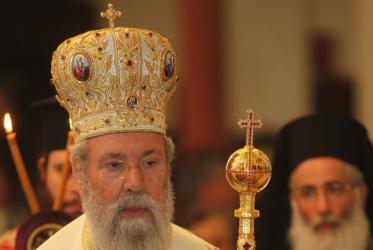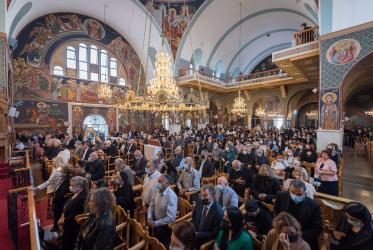Cyprus
Cyprus is an independent republic since 1960. The constitution divided the population into two ethnic communities, Greek Cypriot and Turkish Cypriot. In 1963 tensions began to develop which resulted in a rebellion led by the Turkish Cypriot leaders. A United Nations peacekeeping force was established in 1964. In 1974, after a coup d'état staged by the ruling military junta of Greece, Turkey invaded the northern part of the island. As a result, 142,000 Greek Cypriots and 55,000 Turkish Cypriots were displaced, and another 20,000 Greek Cypriots enclaved in the area were gradually forced to leave. In 1983 the Turkish occupied area was unilaterally declared an independent "state", recognized by Turkey only. UN-led direct talks between the two sides resumed in 1999. In 2002 the UN presented a plan for a comprehensive settlement. After further negotiations it was submitted to the people of Cyprus in two simultaneous referenda in 2005. The Greek Cypriots rejected it, the Turkish Cypriots voted in favour. Cyprus was admitted as a member of the European Union in 2005, but without achieving the goal of unity. In the event of a solution, which is still hoped for by all Greek and Turkish Cypriots, there is a provision for the admission of the Turkish-occupied part of the island. The Church of Cyprus is the majority church. There is an Armenian Apostolic Church which is part of the Holy See of Cilicia. The Anglican community belongs to the Episcopal Church in Jerusalem and the Middle East. Latin and Maronite Catholic churches, and several small Protestant and Pentecostal churches are also present in Cyprus.
